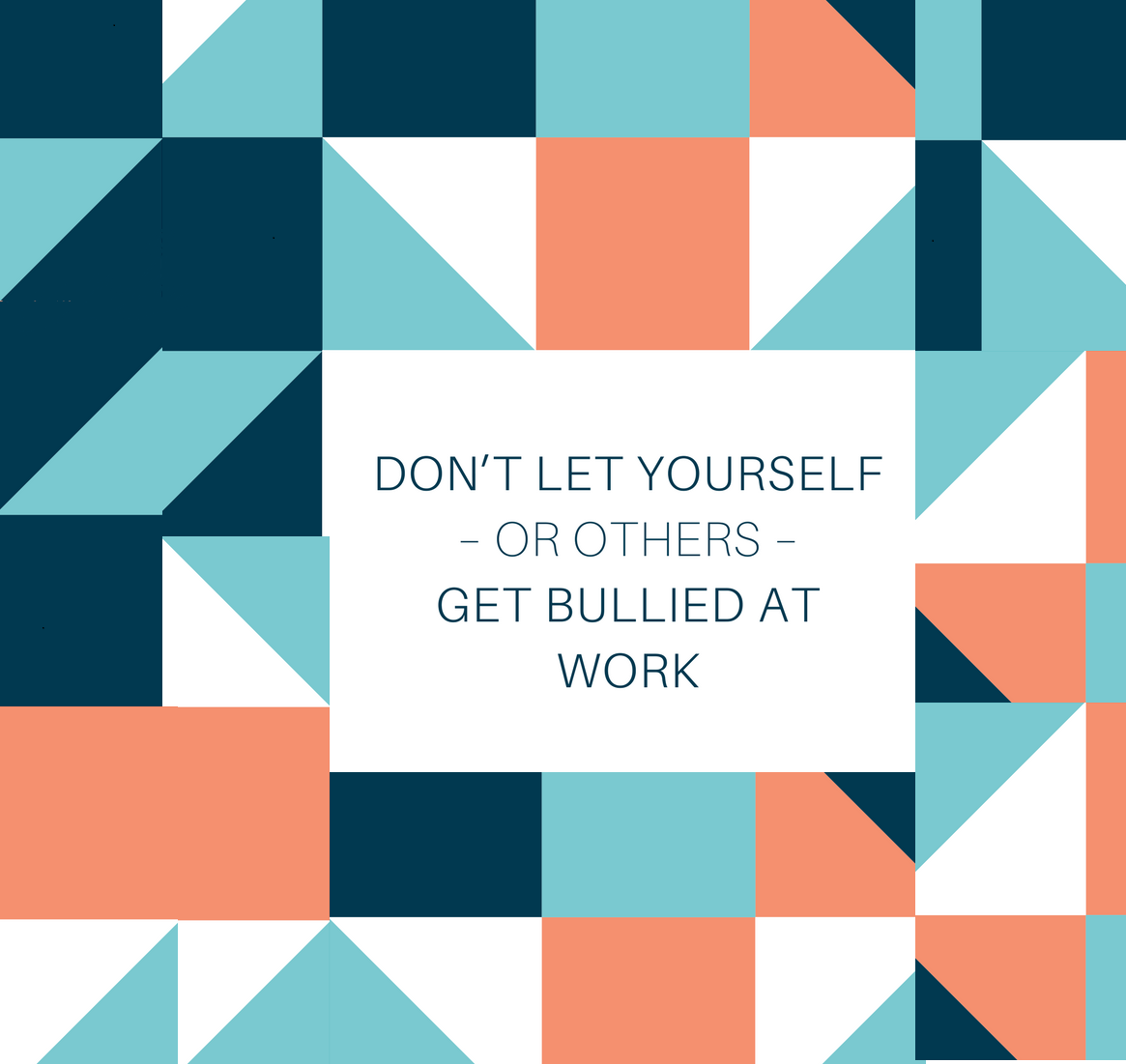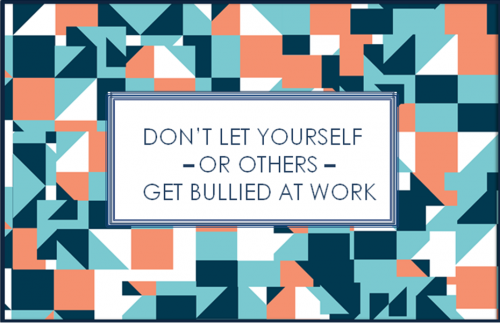Healthy Nurse, Healthy Nation™ Blog - Don’t Let Yourself – Or Others – Get Bullied At Work
Published
Cynthia Clark, PhD, RN, ANEF, FAAN, explains how nurses can foster collegial relationships with one another, move past incivility and bullying, and promote healthy work environments.
Although nurses face challenging situations on a daily basis, it’s an unfortunate reality that one of the most common complaints happens within our own ranks: Nurses being uncivil and demeaning to one another. According to Healthy Nurse, Healthy Nation's HealthyNurse Survey's data from 2017-2022, 30 percent of nurses in the U.S. have experienced verbal and non-verbal aggression from peers. They reported that about 24 percent experienced aggression from a person in a higher level of authority. About 14 percent reported being assaulted by a patient or family member.
Workplace incivility is one of the strongest predictors of nurse burnout and can cause nurses to leave their jobs, or even the profession. “When incivility persists or when conflict is poorly managed among nurses and other members of the health care team, these conditions can negatively impact the psychological, spiritual, physical, and mental health of nurses, co-workers, and their patients,” says Cynthia Clark, PhD, RN, ANEF, FAAN, and the author of Creating and Sustaining Civility in Nursing Education. Clark was also the co-chair for ANA’s professional issues panel on incivility, bullying, and workplace violence.
Start with self-care
“In many cases, nurses fail to take adequate care of themselves – the combination of challenging work schedules, rapid-paced work environments, caring for seriously ill and highly acute patients, using advanced technology while simultaneously juggling work, family, and life responsibilities - often results in high levels of stress,” says Clark. By its very nature, nursing is a stressful profession; therefore, it is vital that nurses engage in self-care and stress management activities. Not taking a break during a shift, not using the bathroom when you need to, or not eating nutritious meals are all behaviors that contribute to an unhealthy culture for nurses. It’s not just the individual nurse’s physical well-being that’s at stake, but the bond and respect between coworkers and the safe delivery of quality patient care.
Not sure how the connection plays out? As nurses get more and more stressed, overwhelmed, exhausted, or even hungry, they may lash out or disrespect one another. So it makes sense that when nurses care for themselves and make their own well-being a priority, they can help a toxic culture change course. Need ideas on how to get started? Try these self-care micro-actions and ways to make your break a true respite.
ANA's position statement, “Workplace Violence” provides comprehensive recommendations for nurses and their employers on how to prevent, address, and mitigate violence in the workplace and establish a culture of safety and respect in the workplace. Some of the actions they recommend include:
- Establish an effective comprehensive violence preventions program where health care workers are involved in its planning, implementations and evaluation.
- Create a culture of dignity and safety
- Build healthy interprofessional relationships
- Use excellent communication skills
- Be inclusive and kind
- Reflect upon and assess your civility awareness and your interactions with others
- Learn and practice conflict negotiation skills
Think about your patients
“One thing all nurses agree on is the importance of keeping their patients safe,” says Clark. Focusing on the unequivocal commitment to patient safety can help prevent incivility in the workplace. There are many different ways incivility affects the continuum of patient care. Consider the ways the following situations impact a patient’s care:
- A nurse chooses not to write up a hand-off report for the next nurse on duty or leaves out pertinent information intentionally.
- A nurse sees another nurse who is overwhelmed and intentionally chooses not to offer any assistance or uses their influence to dissuade others from helping a particular nurse.
- A new nurse performs a procedure on a patient, while a more-seasoned nurse rolls her eyes, sighs, or shakes her head in view of the patient.
Clark often walks nursing students and nurses through a reflective exercise where she asks them to picture a beloved family member who is seriously ill or injured and in the hospital. Then she has them envision a staff of health care workers charged with caring for the individual that are uncivil, disrespectful, one-upping each other, and not communicating in an effective manner. Next, she has them imagine a team that works well together, focused on patient safety, and showing respect and regard for one another. She asks which group they’d like to have care for their family member. It’s easy to see which team they pick. When we put the patient in the center of our care, incivility is less likely to take hold.
Changes afoot
While incivility and bullying will likely remain an issue in every profession, there’s reason to be optimistic about the future – for nurses in particular. In nursing schools, the focus is often on the technical side of the profession (drawing blood, starting an IV, or changing a dressing, etc). “However, when nurse educators help nursing students hone their communication skills and practice resolving conflicts by role-playing and simulating uncivil encounters, they equip new nurses with skills to resolve these issues when they encounter them in the practice setting,” says Clark.
ANA’s code of ethics, revised in 2025, states that nurses “are committed to creating and sustaining an ethical environment where nurse-to-nurse relationships can flourish (p. 24). “There’s also a heightened awareness among researchers who are developing best practices and evidence-based strategies to prevent and address incivility and bullying and to foster healthy work environments,” says Clark.
Please share ANA Incivility, Bullying, and Workplace Violence resources.
Updated 5/28/25
Know a #HealthyNurse who might like this post? Share it on Facebook, Instagram, and Twitter by clicking the icons to the left.
 Have you joined the Healthy Nurse, Healthy Nation (HNHN) Grand Challenge yet? Join us today!
Have you joined the Healthy Nurse, Healthy Nation (HNHN) Grand Challenge yet? Join us today! Source List:
American Nurses Association (ANA). (2015a). Code of ethics for nurses with interpretive statements. Washington, D.C.: American Nurses Association.
Clark, C. M. (2017). Creating and sustaining civility in nursing education, 2nd ed. Indianapolis, IN: Sigma Theta Tau International Publishing.
Healthy Nurse, Healthy Nation Year Four Highlights 2020-2021. (2021, October).
Blog Safety
09/06/2017 6:50pm CDT




Post a Comment or Question